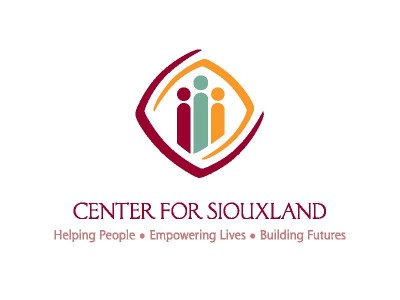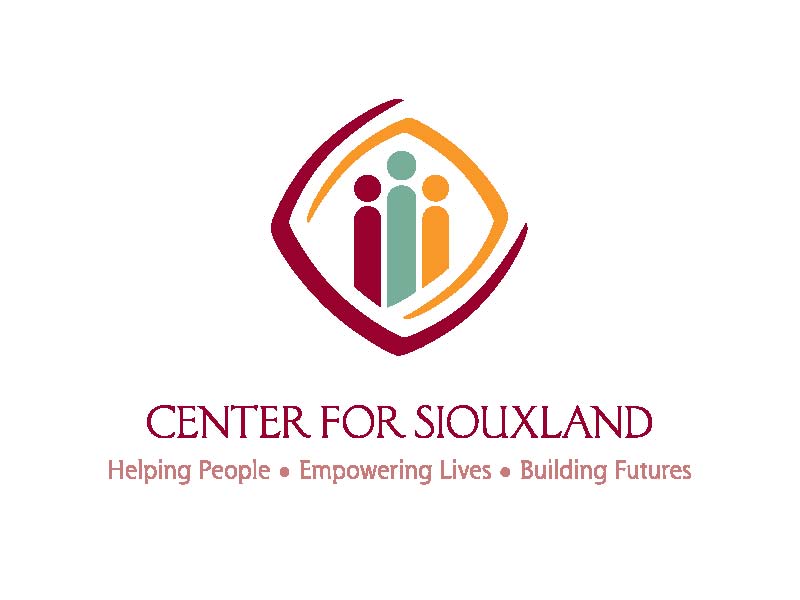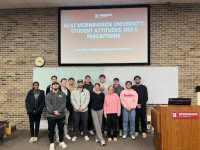By Gustav Hollnagel–
 The need for human services has increased with the slow state of the economy and the desperate demand for social security services for the poor and people in need. The Center for Siouxland (CFS) is a local human services center that is dedicated to help the needy local community.
The need for human services has increased with the slow state of the economy and the desperate demand for social security services for the poor and people in need. The Center for Siouxland (CFS) is a local human services center that is dedicated to help the needy local community.
Jonette Spurlock is the executive director for the CFS. She has been with the center for eight years, and has always worked for non-profit organizations, such as the American Cancer Society or a communal center in Storm Lake for kids with disabilities.
I sat down with her today to have a conversation about the procedures and the challenges the CFS deals with on a regular basis. She said during the two monthly meetings of the executive and the full board, most of the discussion centers on past and upcoming agendas, including financial reports and budgeting. New board members will be elected in January, so this time of the year is filled with administrative discussions. Of course, money and funding is always in issue for these organizations.
Spurlock explained that funding comes exclusively from federal grants that they apply for and partially from generous donations. Federal funding targets individual programs within non-profit organizations via specific federal grants so there are rules to be followed. “The rules and guidelines are several thousand pages long,” she said, hinting at the general idea of following standard operating procedures in organizations.
However, the feds have decreased funding dramatically. “Agencies are left to let programs go or find alternative funding,” Spurlock said. Most grants are in-and-out grants, which are allocated financial amounts that may serve only one specific goal. Prescription assistance grants are an example of this.
Spurlock said, “Oftentimes, funding is intended to go to the people not the operators.” This means that operating costs, such as salaries, maintenance and provision of employee benefits, are excluded from any receivable funding.
One of my wonderings was how salaries were actually determined for these organizations. The agencies send out surveys to similar agencies in the proximate community, but fall generally short of their forthcoming. This makes allocation of resources even more complicated.
The CFS provides a myriad of human services, namely the food pantry, the homeless shelter (or transitional housing facility “Bridges West”), consumer credit counseling and housing counseling, recruitment of seniors to keep them actively engaged as volunteers in community, and special services to the Siouxland volunteer center for recruitment of volunteers for other agencies.
The idea of the food pantry brought up the general question whether the current system is designed to actually change people’s behavior in preventative approaches.
Spurlock said they provide “mechanisms to give food, but it does not change behavior. You know that because you see the same people every month.”
Therefore, programs such as the food pantry, which acquire any sort of processed or frozen foods from donations or the Siouxland Food Bank, do not provide solutions. The educational part to change behavior is missing, which is retraceable to the burden of operating bills and the idea that targeted donations and grants prevent more things from being done.
Besides, Spurlock pointed out, “People don’t want to be asked questions. They just want their food and go.” Understandable from the perspective of people who put up with the complexity of social security to struggle for their lives everyday. Spurlock also explained that people might say “don’t go there, they ask too many questions about your life”, or “they only give out this kind of food this week”.
These underpinnings led us to an interesting conversation about the interrelatedness of service, education and policies. We agreed more should be done to intervene early in the development of negative habitual behavior that reinforces the dynamics between social security, welfare, and non-profit services. Overall though, it is better to help a little than not being able to help at all.
—





